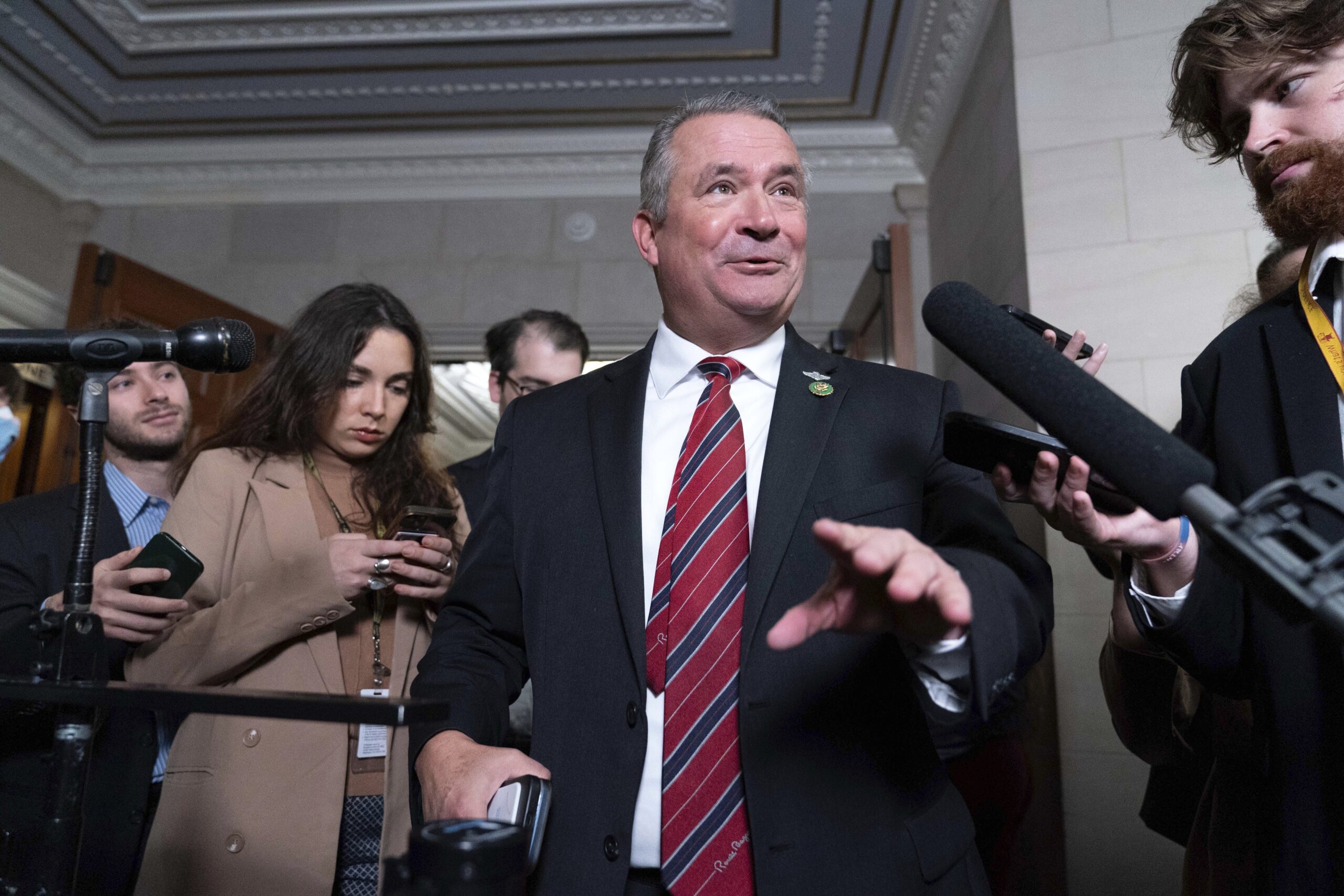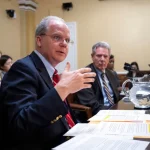

In several states, local Republican parties are putting themselves at odds with the national Republican Party and aren’t supporting incumbent candidates in tough races.
Several state parties, looking to side with former President Donald Trump, have moved to support candidates who are further to the right, unsatisfied with more centrist candidates. The result has been primaries where the state and national parties support separate candidates, spelling chaos.
Nebraska
One of the leading examples is the Nebraska GOP, which saw a purge of centrists following Eric Underwood’s rise to become the chairman in 2022.
Underwood and the state party haven’t endorsed any of the five congressmen, two senators and three representatives, on the ballot.
In the case of incumbent Rep. Don Bacon (R-NE), who has held his seat for four terms, the state party has endorsed his primary rival, Dan Frei. The populist Frei has won the support of several House Freedom Caucus members, and he has pledged to join the caucus if he beats Bacon in November.
“I feel sad because it weakens the party,” Bacon said of the endorsement. “A divided party doesn’t perform as well. It’s a gift to the Democrats.”
Perhaps more ambitiously, the Nebraska GOP is also backing the challenger to incumbent Sen. Pete Ricketts (R-NE).
Colorado
In Colorado, state and national Republicans are split on selecting a candidate for a swing seat currently held by Rep. Yadira Caraveo (D-CO). The national Republican Party prefers state Rep. Gabe Evans, while the state party prefers state Rep. Janak Joshi, who is further to the right.
Colorado’s Republican Party saw one of the most abrupt changes in its hard-liner takeover, losing money and influence as a result.
Nevada
The Nevada Republican Party hasn’t endorsed a rival to Sam Brown, national Republicans’ preferred candidate to take on incumbent Sen. Jacky Rosen (D-NV), but has also refused to endorse him. Trump has also noticeably refrained from an endorsement.
CLICK HERE TO READ MORE FROM THE WASHINGTON EXAMINER
State parties’ shift to the right has a price, however, with the states suffering decreased influence and funding.
“I don’t know that state parties have the same level of influence that they once did,” Republican strategist Jesse Hunt told the Washington Post. “State parties have undergone quite a face-lift over the last couple of cycles; I don’t think it’s all that surprising to see them going in directions that are less conducive to successful outcomes.”







